What is The Difference Between Septic Tanks and Regular Sewer?
In the realm of wastewater management, two primary systems are used: septic tanks and regular sewer systems. Each has unique features, mechanisms, and implications for homeowners. Understanding the differences can help make informed decisions about wastewater treatment, particularly for those buying a new home or installing a new system.
Compare Septic Tanks and Sewer Systems
The primary distinction between a septic tank and a regular sewer system lies in their operation and location. Septic systems are primarily underground structures designed to treat wastewater onsite. They consist of a septic tank and a drain field or soil absorption field. Conversely, regular sewer systems are extensive networks of pipes and treatment facilities that channel wastewater away from homes to central locations where it's treated and then released into the environment or reused.
This distinction is crucial, as it affects long-term maintenance routines, costs, and environmental impact. Homeowners should consider these factors carefully when choosing a system for their property.
Understand the Importance of Septic Tank Maintenance
Septic tanks require homeowners to take full responsibility for system upkeep. The tank collects and treats wastewater using natural processes, but without regular attention, problems can arise. According to the Ohio Department of Health, about 20% of American households depend on septic systems for wastewater treatment. This widespread reliance highlights the importance of proper maintenance to ensure these systems continue functioning safely and efficiently
Maintaining a septic system includes periodic pumping, routine inspections, and avoiding the introduction of harmful substances. Ignoring these tasks can lead to clogged pipes, system backups, and the need for expensive septic tank repairs. Common warning signs include foul odors, soggy patches in the yard, and slow household drains all indicators that septic tank repairs might be needed soon.
Consider the Advantages of Sewer Systems
Unlike septic systems, regular sewer systems are typically maintained by municipal authorities. Homeowners pay a monthly or quarterly fee for this service, which covers the cost of transporting and treating wastewater. These centralized systems reduce the homeowners direct responsibilities, but come with infrastructure costs and less control over local treatment solutions.
Both septic systems and regular sewers have advantages and drawbacks, depending on location, budget, and personal preference. Septic systems offer an independent solution ideal for rural areas, while sewer systems suit urban environments with existing infrastructure. Understanding your options helps ensure a cleaner, more efficient home. If you are experiencing issues or suspect your system needs service, don't wait, contact B.J. Sewer & Septic today for expert septic tank repairs and reliable maintenance solutions.


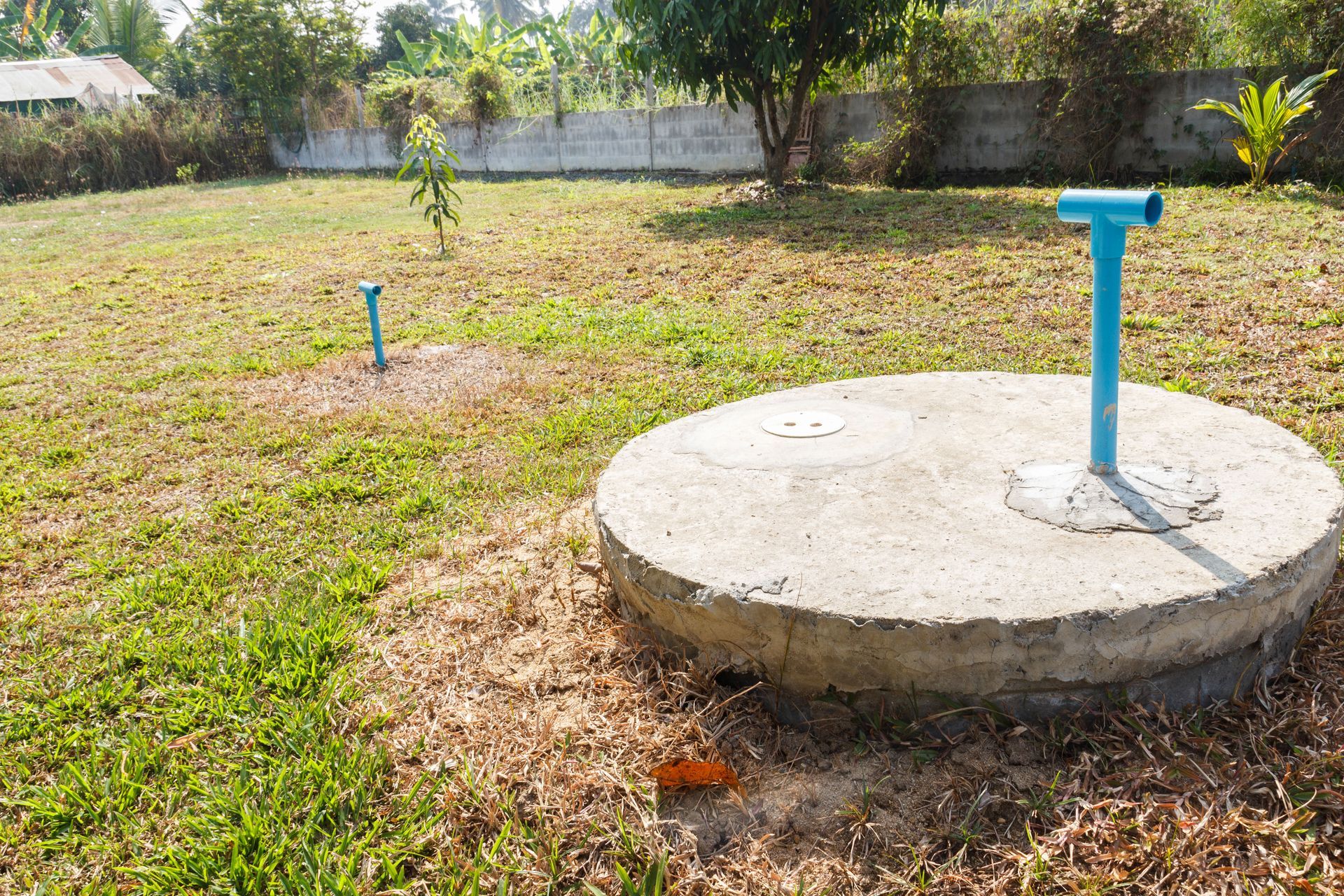
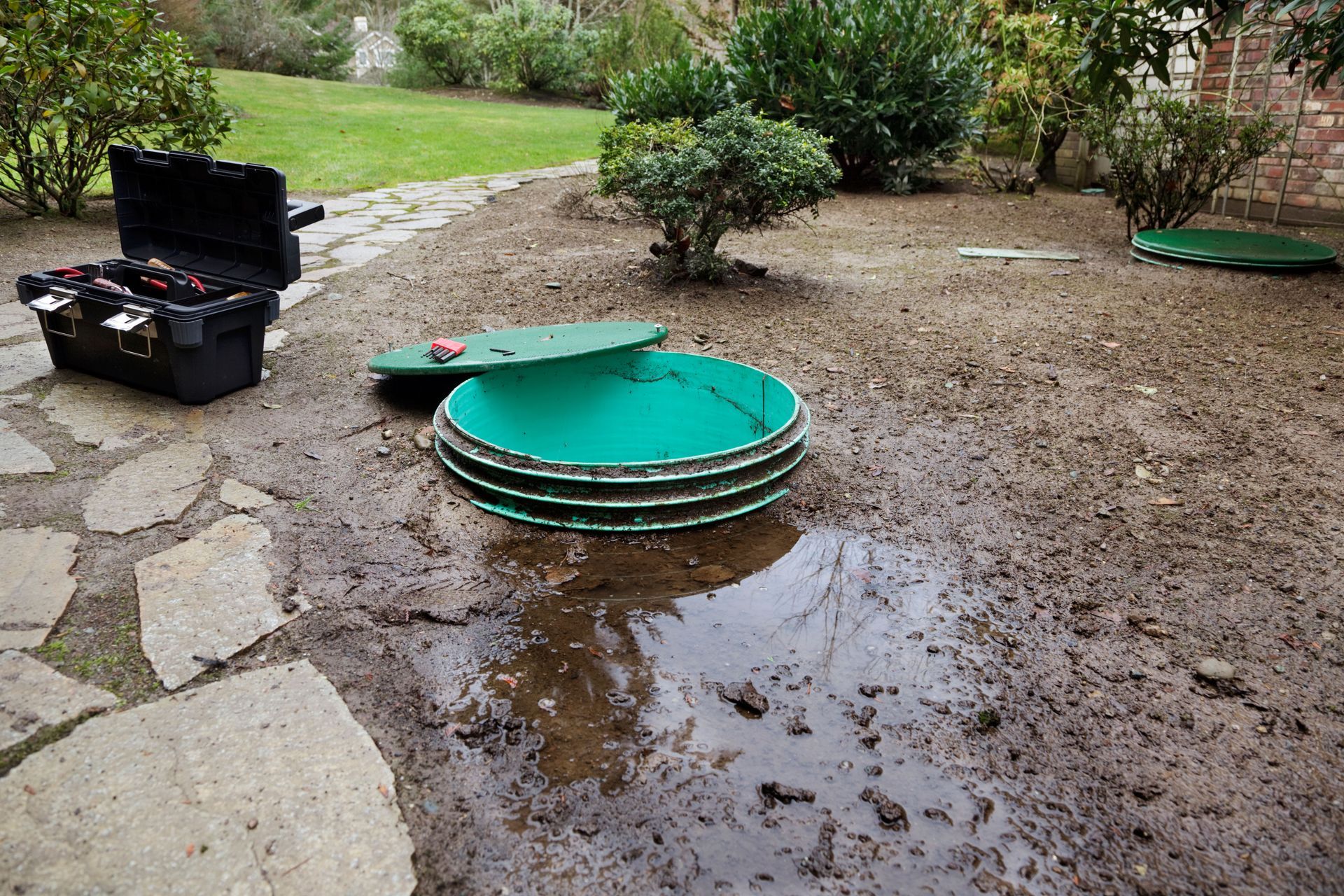
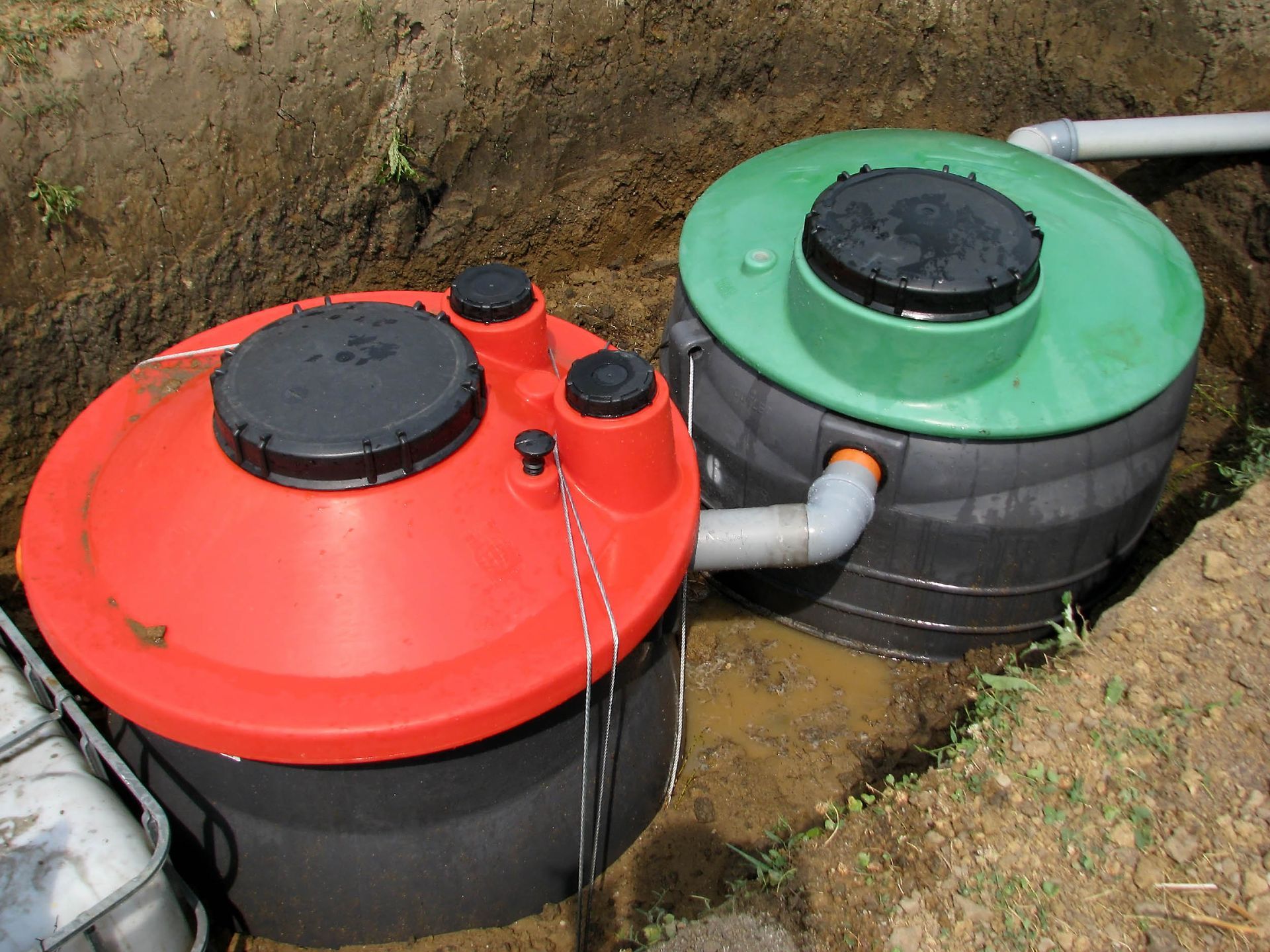
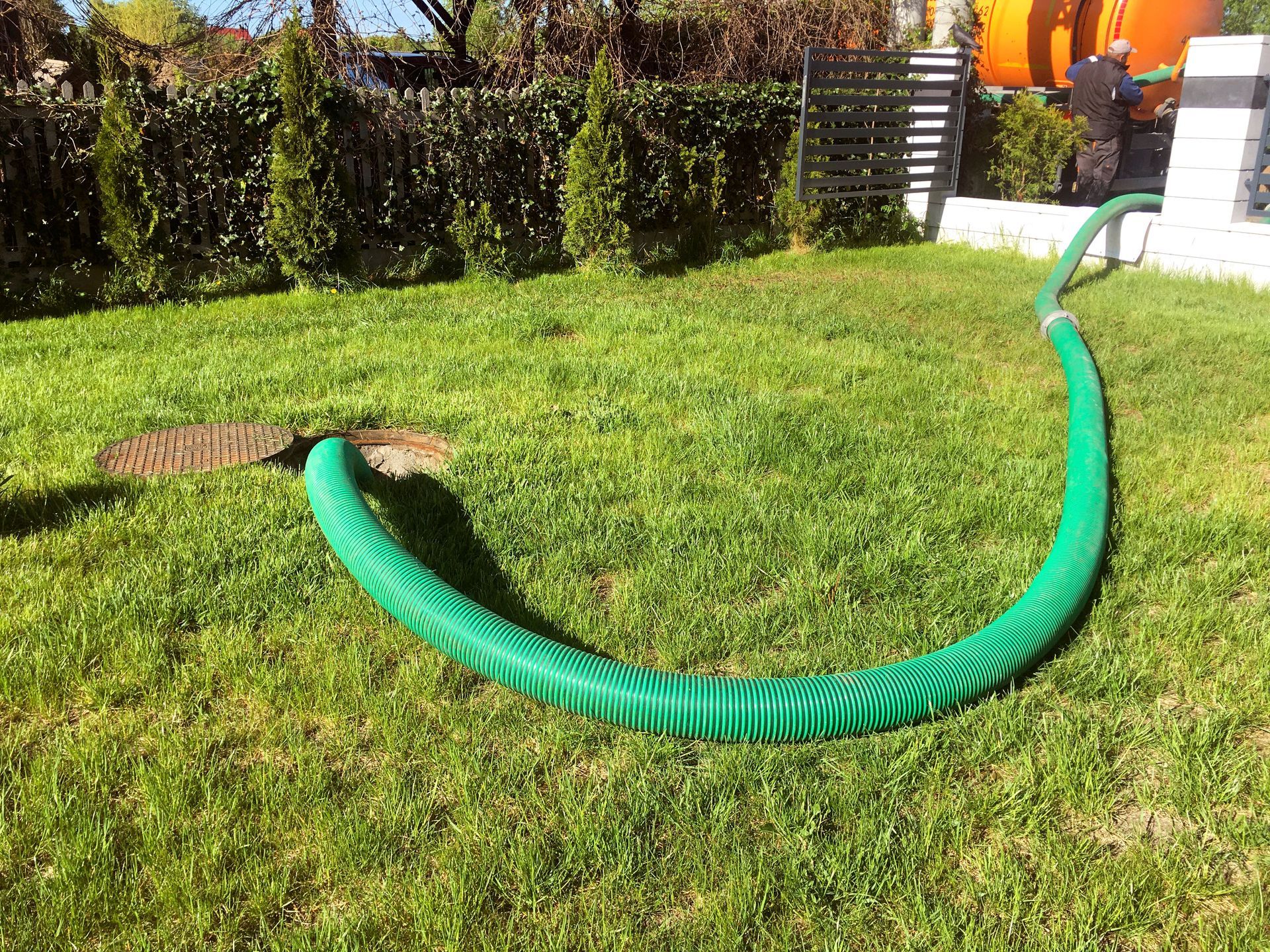

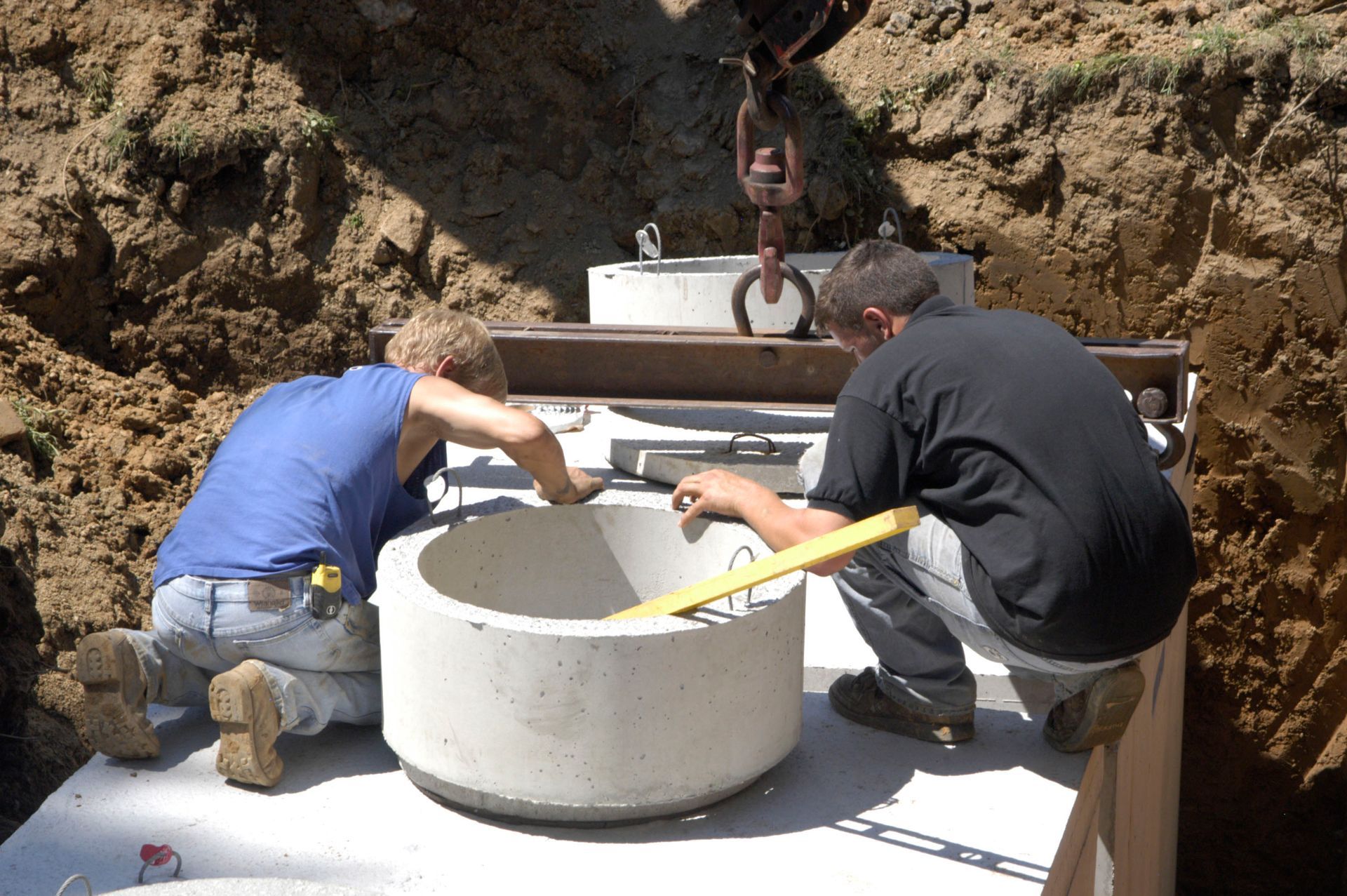
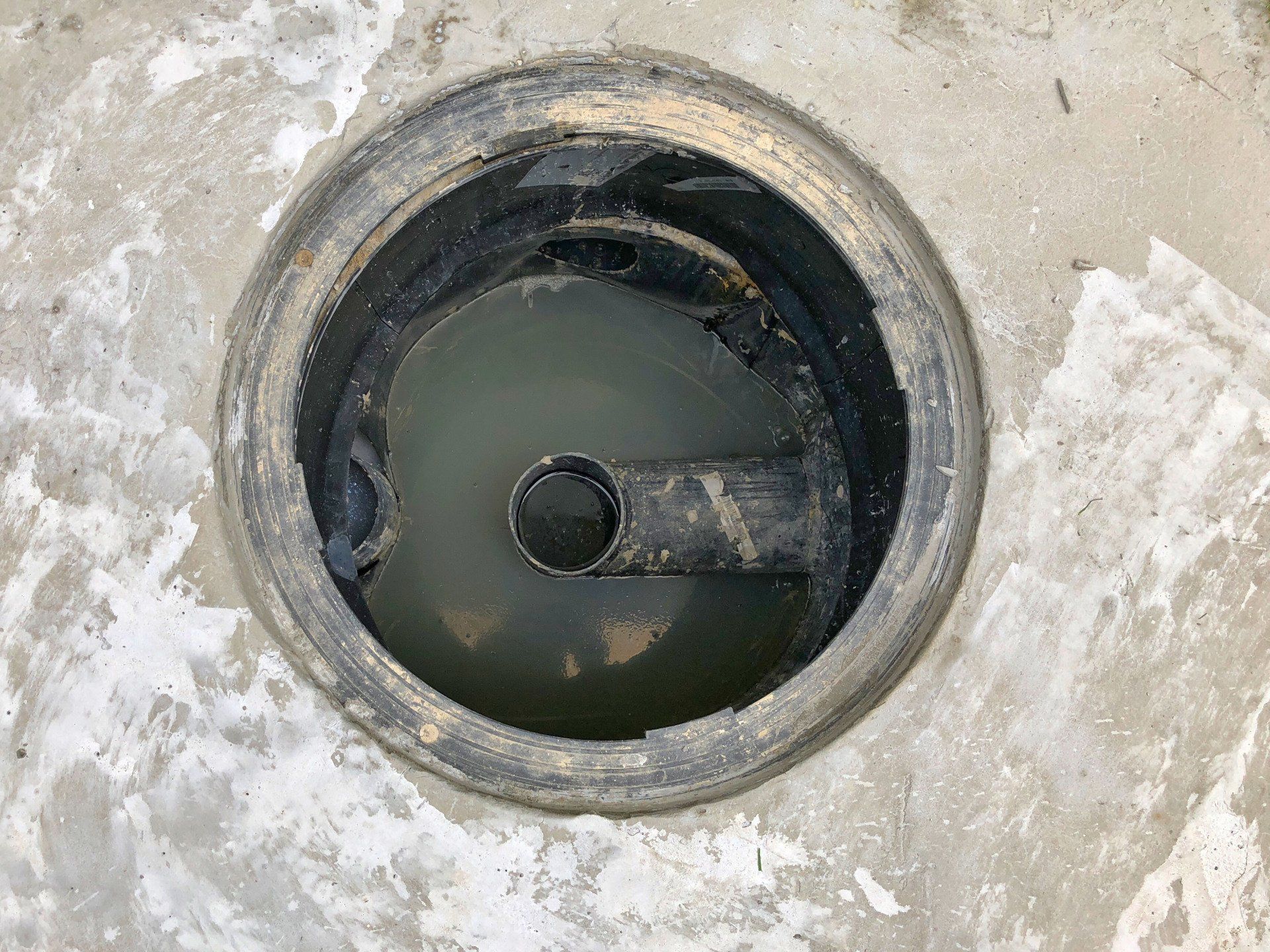
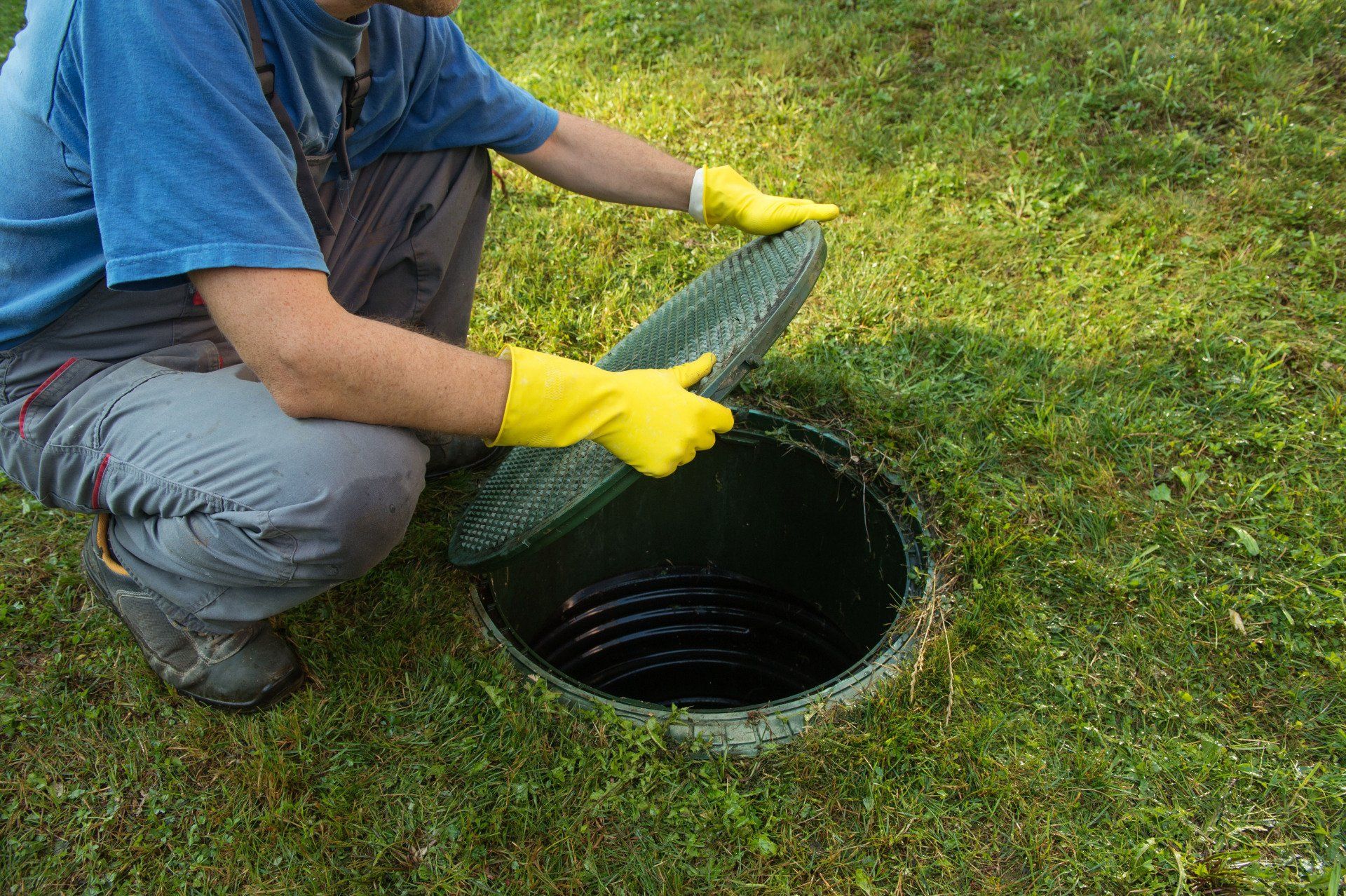
Share On: